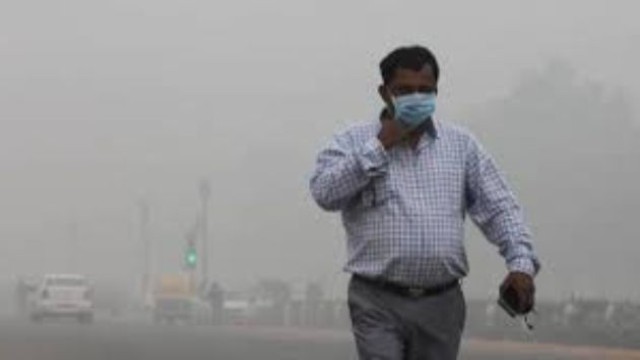The air quality situation in Dhaka has once again raised concerns, as the city ranked 7th on the global list of cities with the worst air quality. With an AQI score of 132, Dhaka's air quality was categorized as 'unhealthy for sensitive groups', highlighting the potential health risks associated with pollution exposure.
This ranking places Dhaka alongside other major cities grappling with severe air pollution, including Lahore, Delhi, and Kinshasa. The elevated AQI levels underscore the urgent need for measures to mitigate pollution and safeguard public health.
The AQI serves as a vital tool for informing residents about the cleanliness or pollution levels in their city's air and the potential health implications. It is based on several pollutants, including particulate matter, nitrogen dioxide, carbon monoxide, sulfur dioxide, and ozone.
Bangladesh, like many other countries, relies on the AQI to monitor air quality and address pollution-related challenges. Despite efforts to improve air quality, Dhaka continues to face significant pollution issues, particularly during winter months, while experiencing some relief during the monsoon season.
The detrimental effects of air pollution on human health cannot be overstated. According to the World Health Organization (WHO), millions of people worldwide suffer from various health conditions due to air pollution, leading to increased mortality rates from cardiovascular diseases, respiratory illnesses, and even cancer.































Comment: